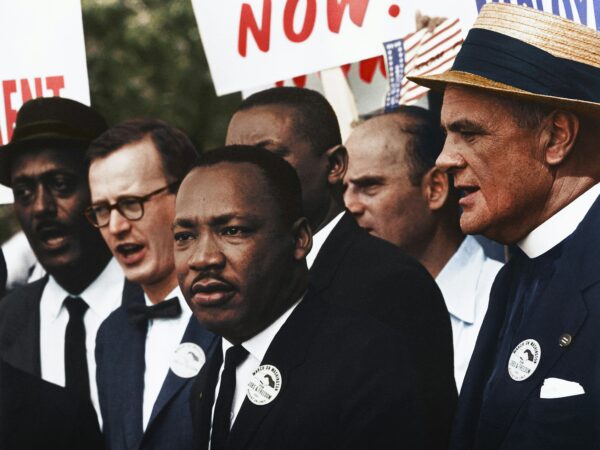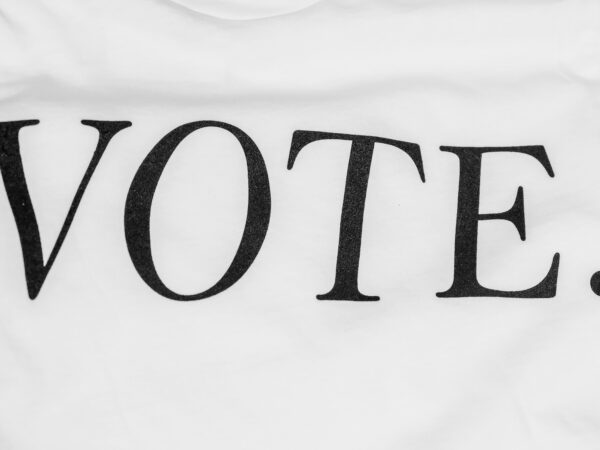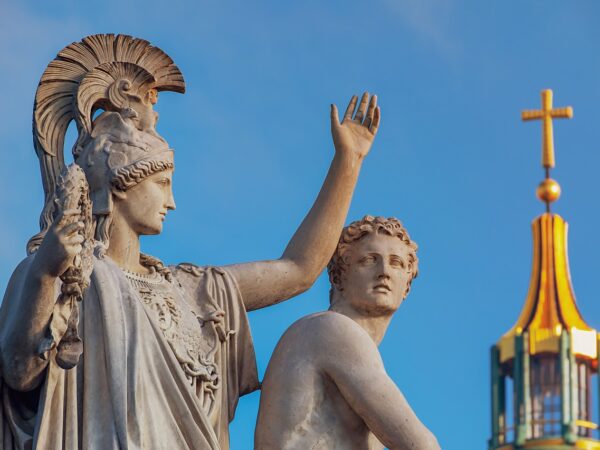
Paying attention to Herod’s fears about Jesus can keep us from depoliticizing the gospel.

The messianic banquet imagined by the Jewish sages nurtures attitudes of respect, blessing, recognition, and wonder. These comportments converge in humility, an earthbound ethic that we practice together, through speech, action, and the work of dwelling.

As we reflect on what it means to resist vulnerability and consolidate military power, much could be said in connection to our own political moment. Given the proliferation of weapons of war and the investment in such weaponry by nation-states and stakeholders who see buying shares in war-related machinery and technology as a profitable enterprise, the privileging of a good heart—“the LORD looks on the heart”—is a most urgent political posture.

The politics of identity often has Indigenous persons grappling with the dichotomy of US empire’s labels of the Native American Indian as contaminating evil or contaminated victim. For Indigenous Christians Jesus calls on us to spurn these limiting designations, to embrace the spirit of interdependent creation, which brings us back to a family of justice and life.

We were not made for the capitalist subjection that characterizes our lives. The gift of the Sabbath serves us in the present by contesting work’s overlordship and disrupting the social controls by which capitalist hegemony maintains itself.






